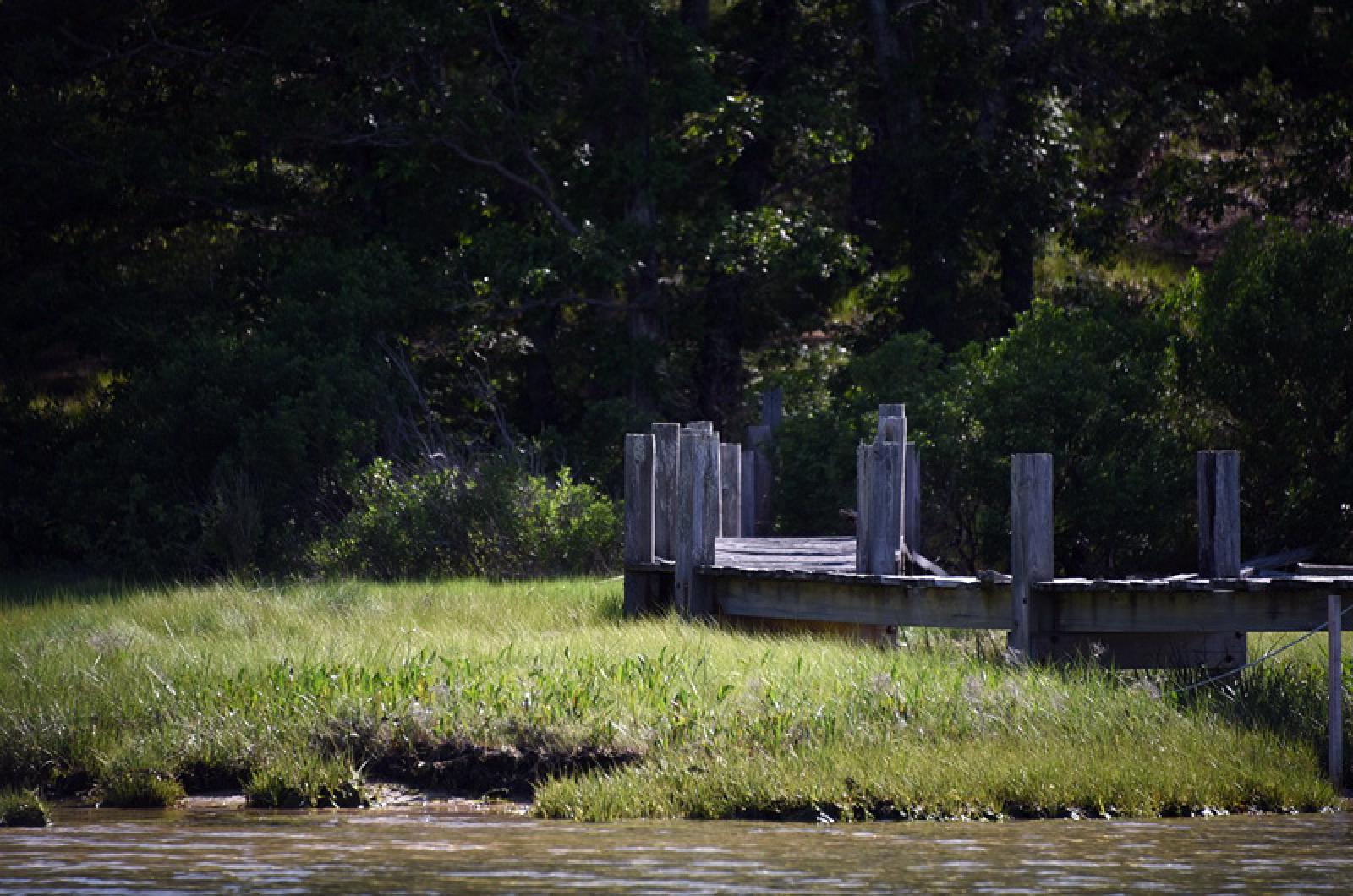On April 22, more than a million citizens marched in 600 cities across the United States and abroad in support of science — an impressive turnout. But if we are to defend the role of science in public policy, we must do more than march the streets of Washington and Berlin. We need to create an institutional mechanism by which science and best practices will inform executive orders and legislation — a way to give the scientific community a voice in the political process. Empirical evidence must prevail over opinion and political expediency.
The president’s decision to walk away from the Paris climate accord is just the latest stab in the back of science. It is one of dozens of areas where science has no special role in policymaking in Washington today. Current budget proposals and policies coming from federal agencies such as EPA, the Departments of Energy and Interior are ignoring established climate science to the detriment and peril of states and local communities, including Martha’s Vineyard.
Climate change is already having big impacts on our Island. According to the Vineyard Conservation Society and the Oak Bluffs conservation commission, these include coastal erosion, loss of wetlands and salt marshes, and ocean acidification, which is stressing our shellfish population. Both organizations predict more powerful storms (which will increase flooding and damage infrastructure) and saltwater intrusion of private wells. The Island is already a hotbed of Lyme disease, and warmer weather is contributing to the Island’s ever-expanding suite of vector-borne ailments. Last year, Oak Bluffs completed a new $5.6 million North Bluff seawall — four feet higher than the old, failed seawall — to address sea level rise. President Trump’s draconian cuts to federal programs will severely affect the Island’s ability to adapt to such challenges.
This administration is also ignoring the social sciences in its policymaking. Attorney General Jeff Sessions recently issued a directive that would add years of lock-up time in criminal cases. In so doing, Mr. Sessions ignores a report issued by his own department (Smart on Crime, DOJ, 2013), which concludes longer incarceration times increase recidivism, take an enormous toll on families and society, and cost precious federal dollars.
In thinking about how to create a stronger bridge between science and policy, the Congressional Budget Office offers a good model. Federal law requires the CBO to produce a formal cost estimate for virtually every bill approved by either the House or the Senate. This process ensures that politicians know the short- and long-term budgetary implications of proposed legislation. Currently, there is no comparable mechanism for science — one that would hold the executive and legislative branches to a higher standard.
We need a CBO for science — a nonpartisan agency that would develop briefs presenting up-to-date scientific analysis, including best practices, related to proposed legislation and federal policy. But unlike CBO reports, which are rigorous macroeconomic analyses, science briefs would summarize existing peer review studies from research institutions, national associations, and universities. The peer review requirement is especially important to help weed out politically driven research, largely funded by industry.
Fortunately, an agency already exists that is well suited to meet this challenge: the Office of Science and Technology Policy (OSTP), headed by the president’s science advisor and supported by his council of advisors on science and technology. To ensure impartiality, the president’s science advisor should be appointed by a nongovernmental organization such as the National Academy of Sciences.
Like CBO reports, OSTP science briefs would be informational only. Congress could enact legislation that appears to conflict with mainstream science. In such cases, we might take a page from the Supreme Court by including a “dissenting opinion” written by the president’s science advisor. This practice would shine a light on the gap between scientific consensus and legislation that ignores science. Where the scientific community is not united behind an issue, science briefs would simply lay out the various positions and there would be no dissenting opinions.
Introducing such a mechanism will not magically transform the legislative process or executive orders. As long as big money from the fossil fuel, chemical and other industries is able to influence political campaigns and support politically driven research, legislators will be beholden to such interest groups. But since the OSTP briefs would be in the public domain, the media and advocacy groups would be in a better position to hold politicians’ feet to the fire, exposing some of the hypocrisy. Fortunately, in a democracy, voters will always have the last word.
Kenneth Langer is founder and past president of EMSI, an international green building consulting company, and a longtime Island summer resident.







Comments (2)
Comments
Comment policy »